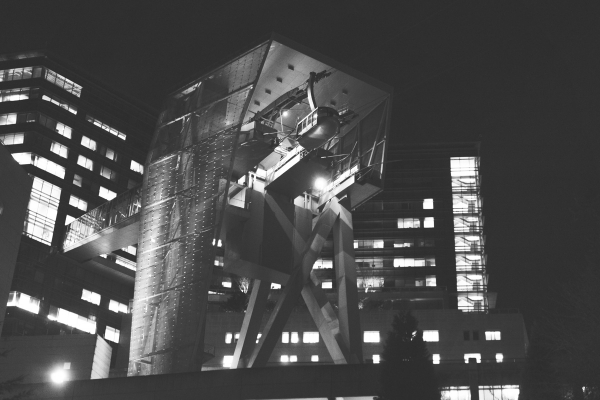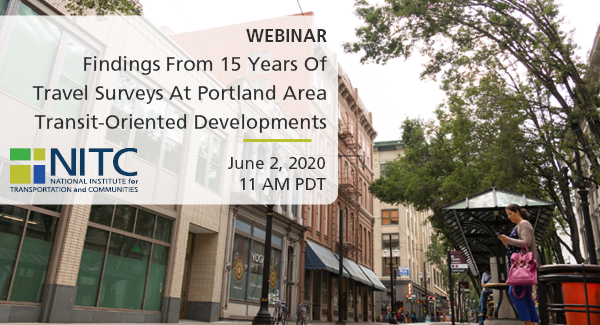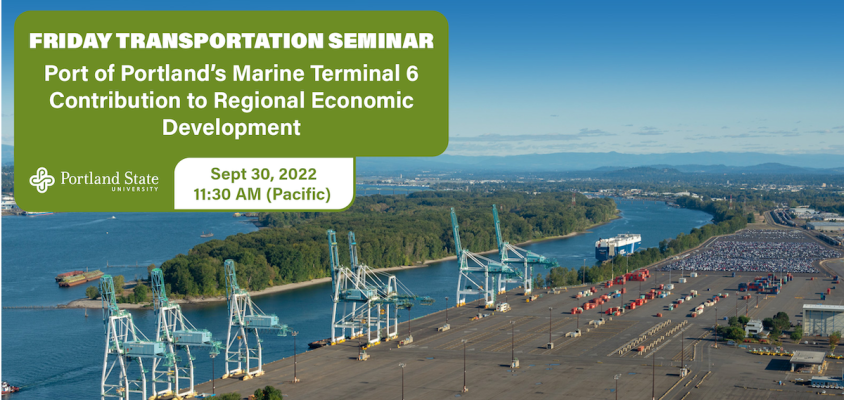The video begins at 0:49.
It has been nearly 25 years since non-motorized modes and non-motorized-specific built environment measures were first included in the regional travel demand models of metropolitan planning organizations (MPOs). Such modeling practices have evolved considerably as data collection and analysis methods improve, decisions-makers demand more policy-responsive tools, and walking and cycling grow in popularity. Many models now explicitly consider the unique characteristics of walking travel, separate from travel by bicycle. As MPOs look to enhance their models’ representations of pedestrian travel, the need to understand current and emerging practice is great.
This project presents a comprehensive review of the practice of representing walking in MPO travel models. A review of model documentation determined that – as of mid-2012 – 63% (30) of the 48 largest MPOs included non-motorized travel in their regional models, while 47% (14) of those also distinguished between walk and bicycle modes. The modeling frameworks, model structures, and variables used for pedestrian and non-motorized regional modeling are described and discussed. A survey of MPO staff members revealed barriers to modeling non-motorized travel, including insufficient travel survey records, but also innovations being implemented, including smaller zones and non-motorized network assignment. Finally, best practices in...
Read more


